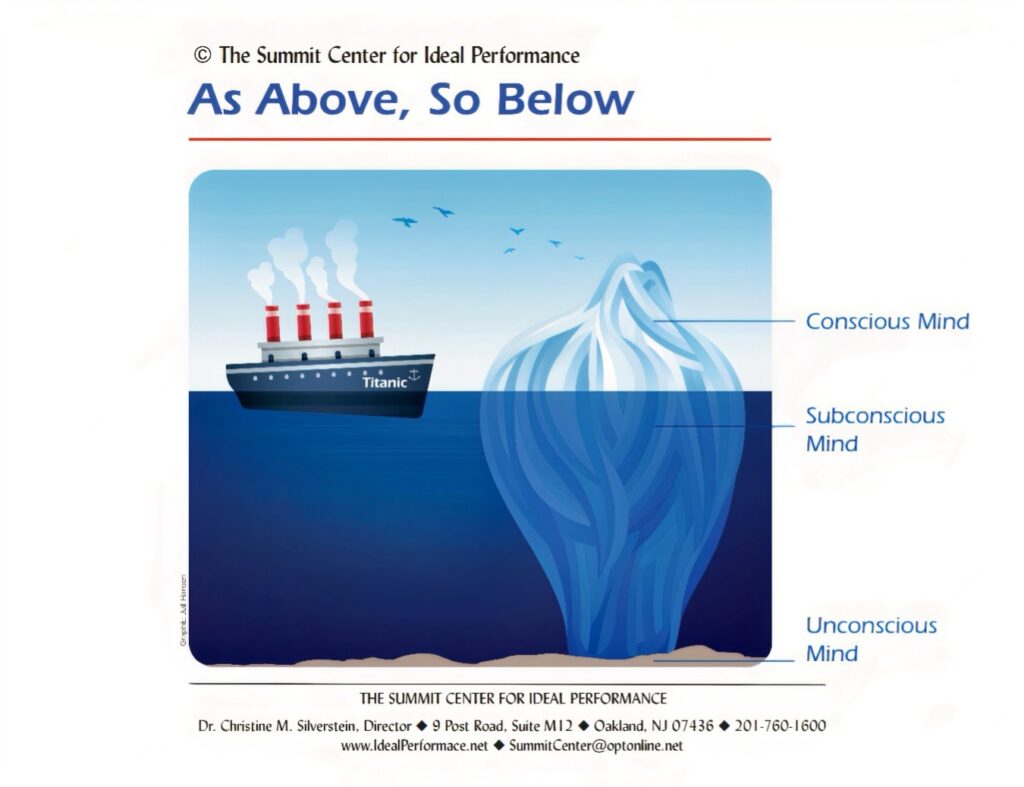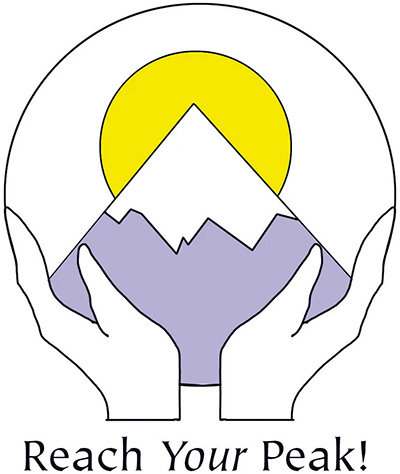Adapted from: Wrestling Through Adversity
This is the fourth blog that addresses the content of my free e-book, “Unlocking Your Child’s Potential: Six Game-Changing Points for Sports Success.” It aims at showing parents the need for self-awareness and for releasing past traumas to help kids grow.
Since the 17th century, our mental healthcare system has been bound by the biomedical model that is based on the philosophy of Rene Descartes, who promulgated the concept that the mind is separate from the body. This did not serve our human emotional and psychological needs back then nor does it serve them well or that of our children now in the 21st century. Our antiquated viewpoint about mind and body has continued to wreak havoc on our mental health from childhood to adulthood as evidenced by high rates of suicide, anxiety, depression, and substance use disorder amongst our young people.
Raising children is tough enough without being held back by the traumatic experiences we encountered as kids—now referred to as Adverse Childhood Experiences (ACEs). These blocks occur because we never had the opportunity to work through past trauma for our own benefit. I am discussing this because we all have ACEs, without ever realizing they still haunt us and limit our potential well into adulthood, if we let them. Indeed, we all may have unconscious ACEs, starting prior to conception as asserted by Dr. Bruce Lipton, a cell biologist, in his 2005 book, The Biology of Belief: Unleashing the Power of Consciousness, Matter & Miracles.
Blind spots may sabotage our efforts to succeed
As an adult, you may or may not “see” or remember the ACEs you experienced in your younger lives, and you may be unaware of the extent of the negative impact these traumas still have on your psyche. This is so because in childhood, these scotomas (blind spots}, you developed relating to your trauma were a safety valve of protection for you, as they are for your children now, so you may not have acted on them immediately afterwards.
As humans, you hope that positive happy memories will sustain us and that the negative ones will fade in time on their own, but we all have ACEs mixed in with happy experiences, so we must learn how to grapple with them, sooner or later. That is, if we want to accomplish our life goals and become resilient so we can teach our children to do the same.
However, if we fail to do so, the traumatic unconscious memories will become so deeply entrenched and illusory and will float up like “driftwood” to the surface of our conscious mind when we least expect, thus sabotaging our efforts to grow beyond them, like in the baseball scenario described below.

An unresolved mental block
In response to an article on overcoming yips, Edward stated that he was a good infielder in high school, batting .400, and he looked forward to playing baseball in college. At that time, he began to “aim” his throws in indoor practices and from then on could not throw the ball from second to first. This fear ruined his young life, and he felt that he never overcame the trauma of his performance anxiety or the mental block, for now in his 70s he has trouble playing catch with his grandkids.
How do parents benefit from working through their ACEs?
As parents and guardians, we may sometimes feel alone in grappling with personal struggles that, in turn, negatively impact the mental health of our young people during the catastrophic events going on in the world that limit their growth and development. However, parents who acknowledge and work through their childhood traumas raise healthier children by:
- Teaching them how to regulate their emotions
- Breaking unhealthy generational patterns
- Improving child development
- Reducing risks of negative outcomes
- Enhancing parent-child relationships
- Increasing parental self-awareness
Healing a baseball ACE
In Chapter 9 of my book, Wrestling Through Adversity, I wrote about how my father, Malcolm, had negative memories of playing the violin. When he was a young child, a local music school canvased his neighborhood and visited the homes of residents to find candidates to take music lessons. When he was tested by the school representative, he was found to have “perfect pitch,” and his parents, my grandparents, signed him up to play violin, along with his sister on the piano.
Although they were working class people, my grandfather, a chef and my grandmother a homemaker, they put all their earnings into music lessons and into the purchase of and maintenance of musical instruments. After making this investment in them, my father was not allowed to play baseball, a game that he loved, because he could hurt his hands.
His perfect pitch in music became a curse to him. After asking for a baseball bat for his birthday, he saw a long, wrapped package and opened it but was disappointed to find a violin bow. An ACE developed one Sunday morning after attending Church, when he stopped to watch his friends play ball. After returning home, my dad endured corporal punishment and strict Germanic discipline because of it.
Sometimes these ACEs popped up sporadically in his life, but he managed to overcome this one in adulthood by teaching hundreds of children and teens as an athletic director how to play ball. The kids looked up to him and called him Mal from the PAL (Police Athletic League).

Mal From PAL
For my benefit my dad took me to Yankee Stadium for the first time when I was 11, and I was so delighted. Another benefit was that I learned everything I know about sports from him and became a peak performance coach working with young people and athletics years later. Unlike Edward discussed previously, this resolution for my dad broke through negative intergenerational patterns and enhanced my relationship with him. In addition, years later I learned to play his violin.
A way to harmlessly release trauma
As you can see, a childhood roadblock can resurface repeatedly in life because the barriers were never removed, which can be overcome using a hypnotherapeutic intervention called the “Affect Bridge Technique” that brings you back in time to the emotion of the past event and connects it with an emotional bridge to the present. After emotionally reliving the buried unconscious trauma, you can harmlessly release it, like bubbles rising up from a glass of soda pop. Depending on the depth of trauma, you can use this technique on your own or work with the assistance of a qualified professional.
By learning this technique, and other Mindful Toughness skillsets, such as self-hypnosis, mental rehearsal, mental recall, and positive self-talk that I teach experientially, we can not only learn what to do to help ourselves as parents, but we can teach our children to do the same. See in the following video how George learned to play ball and win.
Learn more
You can learn more about my peak performance coaching practice on my website, https://www.idealperformance.net and about my book: Wrestling Through Adversity: Empowering Children, Teens, & Young Adults To Win In Life, on https://www.drchristinesilverstein.com.
The book is available on Amazon in paperback, Kindle, and Audiobook. It contains other case stories of interest from my practice and details on how to use Mindful Toughness® skillsets to improve your performance and meet your goals.
I invite you to follow me on my Facebook page, The Summit Center for Ideal Performance and subscribe to my educational YouTube channel, The Young Navigator, to meet me face-to-face.


0 Comments